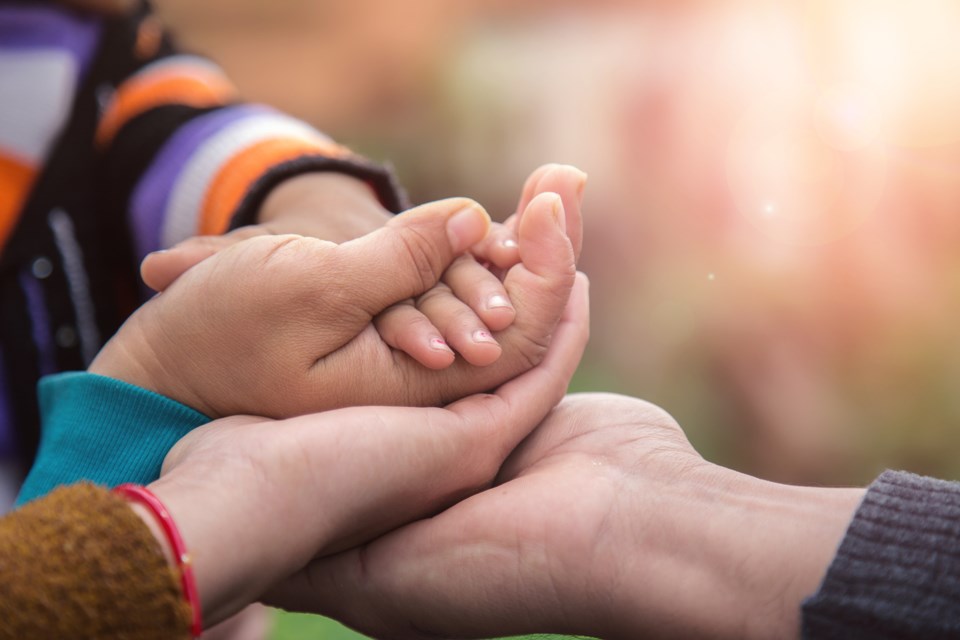B.C.’s Human Rights Tribunal has released an adoption dispute in which a woman’s great nieces and nephews are referred to as "great niblings."
According to the Merriam Webster Dictionary, "nibling" is a “term used to refer to a child of one's sibling as a replacement for ‘niece’ or ‘nephew.’”
“The word is thought to have been coined in the early 1950s but was relatively obscure for several decades before being revived in recent years,” the dictionary said.
The term is used in the newly released May 8 tribunal decision in which a woman wanted to adopt her great niblings.
She filed a tribunal complaint alleging the Ministry of Children and Family Development and an employee discriminated against her based on mental disability and family status in the area of services contrary to B.C.’s the Human Rights Code by rejecting her application for adoption.
She claimed MCFD rejected her application because she was a single parent with an alcohol addiction, a fact she acknowledged.
The ministry and employee denied discriminating and applied to dismiss the complaint.
They said there was no connection between the woman’s code-protected characteristics and the negative impact alleged.
They claimed “there was a bona fide and reasonable justification for their actions, namely its legitimate concerns about the best interests of the children.”
Tribunal member Edward Takayanagi said the woman “applied to adopt their great niblings who were in the custody of MCFD” on June 29, 2021.
The ministry concluded it would not be in the children’s best interests to proceed, and issued a Nov. 29, 2021 letter providing written reasons for the decision.
The ministry cited concerns about the woman’s “history of engaging in violence, excessive alcohol consumption, reports of assaulting and engaging in physical violence towards their children, a history of kicking their children out of the family home, consistent failure to engage with support services, and history of police incidents.”
Takayanagi stressed his decision was on the application to dismiss the case and not a hearing on the claim itself.
He said the evidence is that MCFD determined the risks to the safety of the great niblings could not be mitigated because the events and behaviours that gave rise to the risks were too extensive and recent.
He said he was satisfied the woman’s mental disability and family status were a factor in the decision not to proceed with the adoption application.
“It was only in the context of the problematic behaviours that gave rise to the concerns about the safety and well-being of the great niblings,” Takayanagi said.
“I am satisfied that the respondents’ actions were not guided by stereotypes or assumptions about single parents or people with alcohol addiction but based on (the woman’s) specific history of problematic behaviour and the concerns about the best interests of the children that arose from those behaviours,” he said.
Takayanagi said he was reasonably certain the ministry and staff member could prove at a hearing that the woman’s adoption application was rejected based on what was in the best interest of the great niblings.
He said it was what the ministry is required to do under the Child, Family, and Community Services Act.



